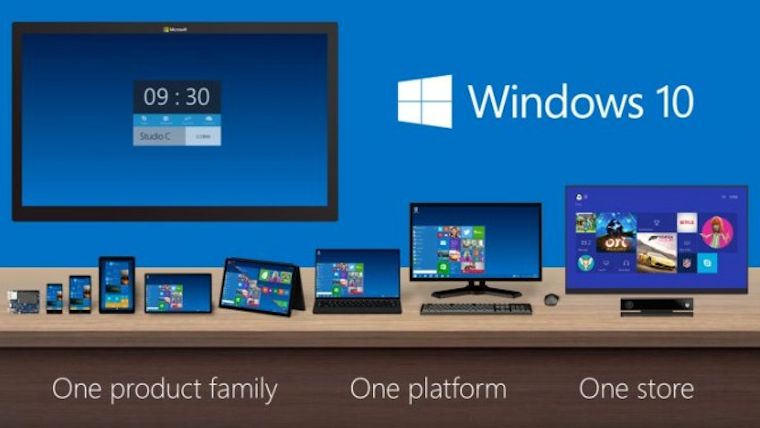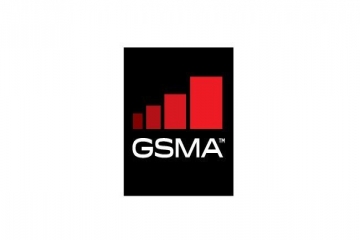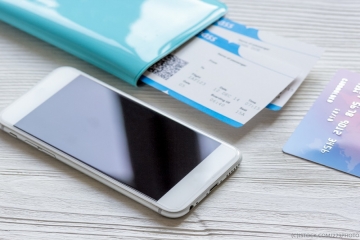Microsoft launches Windows 10 with little reference to smartphones
Microsoft EVP of Windows and Devices, Terry Myerson, blogged to commemorate the big day, saying “Our vision was one platform, one store, and one experience that extends across the broadest range of devices from the smallest screens to the largest screens to no screens at all.” However, little mention is made of smartphones, with the focus very much on the desktop at this stage.
Windows releases have tended to alternate between good and bad, with buggy, experimental ones eventually replaced by refined versions. This definitely seems to be the case with Windows 10, which is generally being reviewed as a significant improvement on the much derided Windows 8 – Microsoft’s first attempt to unify the PC and mobile platforms.

Windows 10 is integrated across one platform, one store, and one experience that extends from the smallest screens to the largest screens to no screens at all
In effect this mainly consisted of removing the Start button and imposing the Windows Phone Metro UI on desktop users, which didn’t go down well. With Windows 10 Microsoft seems to be trying a more subtle approach – restoring the start button but revealing a Metro-style UI, including live tiles, when you click on it. Other highlights include Siri-style AI assistant Cortana and the long overdue replacement for the Internet Explorer browser: Microsoft Edge.
Myerson does mention apps, but not specifically in a mobile context, and flags up the Companion Phone app, which is designed to help sync PCs with Android and iOS smartphones as well as Windows ones. But that’s about it when it comes to phones, apart from stressing that the free upgrade offer applies to smartphones too.
Under its new CEO Satya Nadella Microsoft has finally given up chasing OS licensing revenue in phones and switched its focus to mobile products and services such as Windows 365 and Skype. It’s telling that tablets got much more of a mention from Myerson as this is where the real OS battleground is for Microsoft. Productivity plays a bigger role in the use of a tablet than it does with smartphones and this is Microsoft’s home territory. We’re likely to hear more about phones from Microsoft later in the year, but Windows 10 could mark the moment Microsoft finally threw in the towel as a significant smartphone platform player.
Telecom Asia




